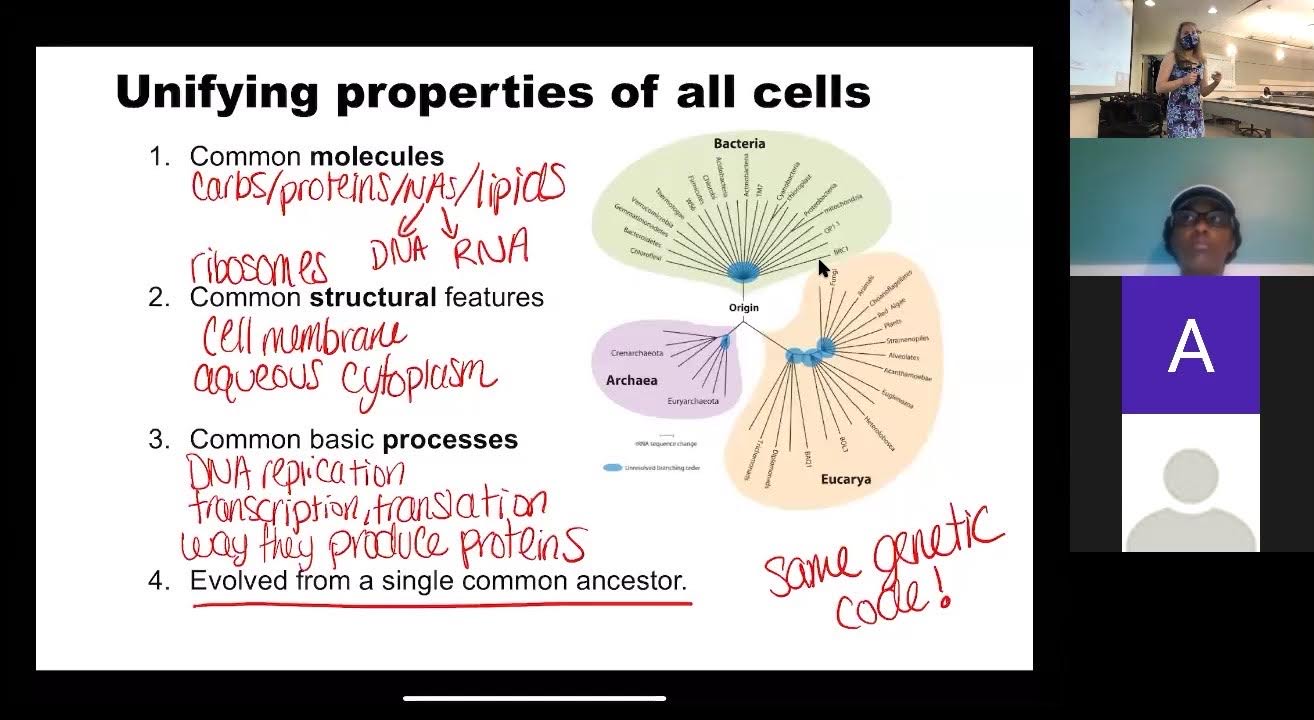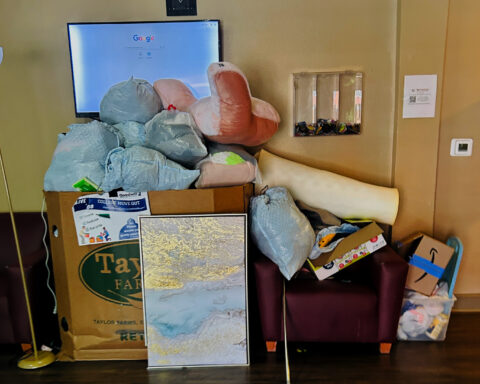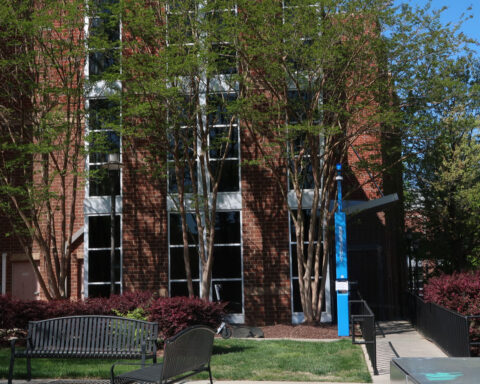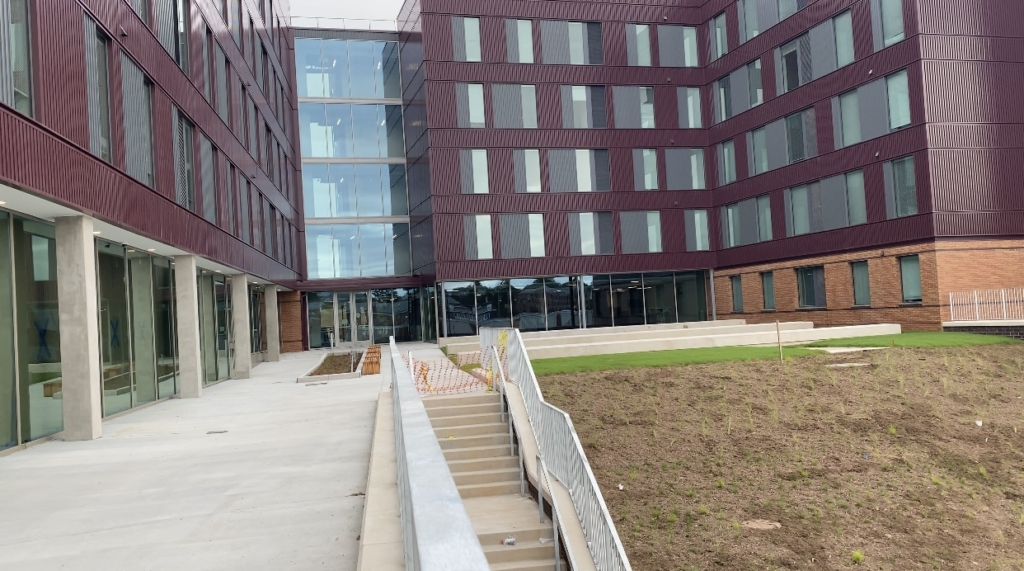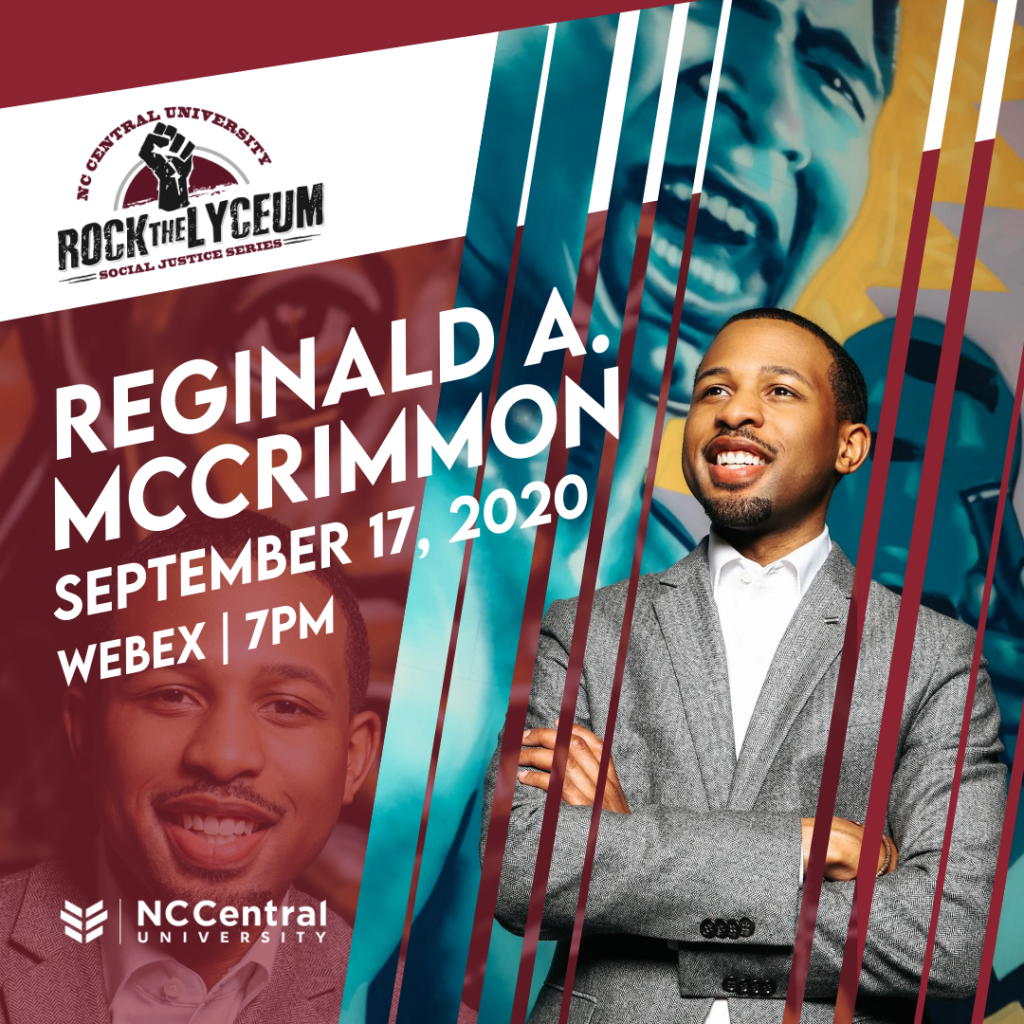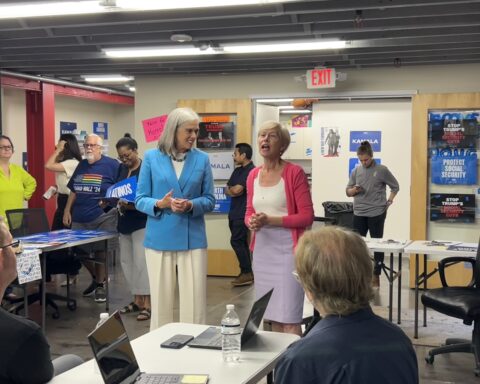The academic process for university departments and the professors within them has been difficult adjusting to in today’s health climate. The choice of being solely virtual, in-class, or a hybrid of both has been a risky decision to be made with COVID-19 still being present along with fluctuating case numbers.
Dr. Tamara Slenn, a biology professor at N.C. Central said she has found a “happy medium” for her own courses. Slenn explained the challenges she faced while shifting her classes around and what her department is doing to continue the learning process through this pandemic.
“It has been a LOT more work. I have had to completely revamp not only a lot of my course material and style of delivery but also specific strategies that I employ any class I teach,” Slenn expressed regarding the effect of the pandemic on her courses.
“I often call students to the front to play the part of molecules in cells in order to understand how they work together to make a cellular event happen. With physical distancing restrictions in place, this is obviously not possible,” Slenn said.
This caused Slenn to come up with new ideas to accomplish those same goals while having students participate in group discussions and the need to hold synchronous online sessions to facilitate these discussions.
“What I find the hardest part of adjusting to everything, for both professors and students, is that the semester has been consolidated into 12 weeks,” Slenn explained regarding the biggest issue caused by the effect of the pandemic. “For a class like mine, I can’t simply cut material, as this serves as the foundation for all upper-level courses and is heavily covered on exams like the MCAT (the test you take when applying to medical school).”
“In terms of adjusting to everything, I do feel that I am at an advantage compared to a lot of my colleagues,” Slenn exclaimed, providing an upside to this main issue caused by the effect of the virus. “I am solidly a millennial and have had an easy time adapting to the technology necessary to make it through all of this.”
“As a result, though, I’ve spent a lot of my time helping my colleagues learn some of the techniques I’ve discovered and advocating for students whose professors are struggling with technology,” Slenn stated, showing how she used her advantages not only for herself.
Slenn expounded on her discovery of a happy medium for her courses.
“For my courses, giving students a mix of face-to-face time, synchronous online, and asynchronous learning offers students distraction-free learning, a sense of community, easier spontaneous interactions, deeper group discussions, and students being able to learn material at their own pace.”
Slenn added that she was “really grateful that instructors had autonomy over deciding the best mode of delivery for their courses.”
In terms of the rest of her department, Slenn explains that there is a “real mix” when it comes to other professors and their courses. “As I said, we were given a lot of autonomy over our classes for our majors especially, and each professor decided what was best for their teaching style, health concerns, and course content.”
This prompted several last-minute calls to switch everything after UNC-Chapel Hill switched to a fully remote format out of health concerns or concerns that we would soon follow, Slenn explained.
“Labs are especially difficult because students need to learn the technical skills that can’t be taught virtually,” Slenn added, depicting another concern within the department. “They require a lot of prep and generally work best when students work closely together.”
Slenn concluded by expressing the final prominent concern the biology department has faced in the midst of instruction during the pandemic.
“Almost all of our non-major classes have been moved fully online,” Slenn said. “The reason for this was mainly that all these classes already have at least one section that was previously approved to be fully asynchronous online. A few have face-to-face sections for labs, but the large majority are fully remote.”

